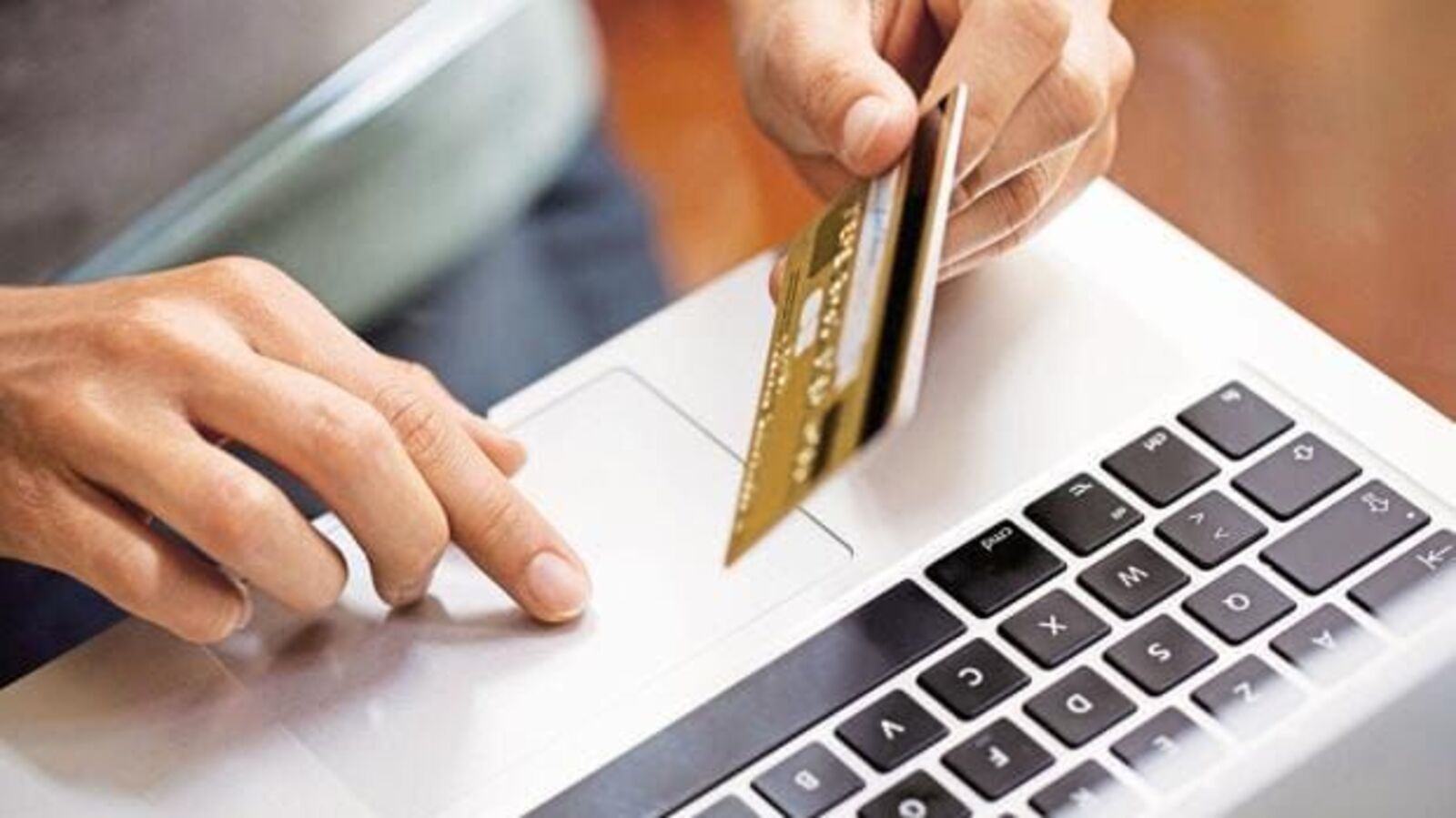But as I wrote earlier, just having a 6-month buffer may not be enough and because of their unique circumstances, some people need larger emergency funds.
While the idea of having an emergency fund is mostly agreed upon by everyone, where one parks the emergency money often results in different responses. In general, and for small amounts, a combination of a separate savings account and fixed deposits is enough. If you want a larger corpus set aside for emergencies, then even debt funds can also be added to the mix.
But these days, many youngsters have taken the idea of emergency funds a step further. For reasons best known to them, they often treat their credit card as an emergency fund!
But is it a wise idea?
To consider a credit card as your primary emergency fund?
No, your credit cards should not be a replacement for having a standalone emergency fund.
It is true that credit cards can come in handy in case of small financial emergencies. But after a while when your card bill comes, you will have to pay it back. So, credit cards only help you manage liquidity on a short-term basis. And at max, cards will allow you about 30-40 interest-free days after the transaction, after which you will have to pay back the dues. And if you can’t pay it in full, then you will incur heavy interest of almost 40% per annum on the outstanding amount.
Also Read: CIBIL score: Using multiple credit cards? Be mindful of these 6 key points
So eventually, when the bill becomes due, you will need to find money to pay back the credit card dues.
Let’s take a small example to understand how this approach can put you on the edge. Suppose you have decided to treat your credit card as an emergency fund. And for this reason, you have any savings earmarked exclusively for savings.
Now imagine a situation, where you had to pay ₹2.5 lakh for emergency medical treatment (which was not covered under health insurance) of your father.
At the time of payment, you comfortably used your credit card. But no when the bill comes, you will need to arrange ₹2.5 lakh to pay it off. And since you don’t have any savings to fall back to, you are in soup! And will have to pay a lot of interest (remember cards charge almost 35-40% per annum, or 3-4% per month) till the time you clear the full ₹2.5 lakh + accrued interest + any additional charges.
It is during this situation that realisation might occur that had you set aside some money for emergencies separately, it would have been very helpful to tackle the unexpected expense (and clear the card bill).
Also Read: 60% make rewards top priority in credit card choice, reveals survey
It is for such scenarios that you should never treat your credit cards as your primary source of emergency fund. Credit cards, no doubt, are useful. But at the end of the day, they are just a mode of payment which allows you to defer paying for the expense by a few weeks. Cards should never be treated as a permanent source of on-tap-available money.
So, if you don’t have an emergency fund, then it is high time you start building one. It will not be possible to build it overnight and may take from a few months to a couple of years.
But don’t be overwhelmed and just start with what you can. Take one month at a time and try to first accumulate a corpus sufficient for six months’ expenses.
If you have been focused on long-term investing till now and haven’t put an emergency fund in place, then temporarily pause your long-term investments and save for an emergency fund first. I say this also because you can never be sure about the timing of emergencies. And you wouldn’t want to dip into long-term investments for emergencies if the emergency comes in a falling market when the value of investments is already down.
The same rule applies to those who are aggressively trying to prepay their home loans without any emergency funds. Stop prepayments for a few months and instead shore up your emergency reserves.
Once your life and health insurances are in place, then building your personal emergency fund should be the first priority if you were to ask me.
Dev Ashish is a Sebi-registered investment adviser and the founder of Stable Investor.
Unlock a world of Benefits! From insightful newsletters to real-time stock tracking, breaking news and a personalized newsfeed – it’s all here, just a click away! Login Now!
Download The Mint News App to get Daily Market Updates.
More
Less
Published: 21 May 2024, 01:06 PM IST
